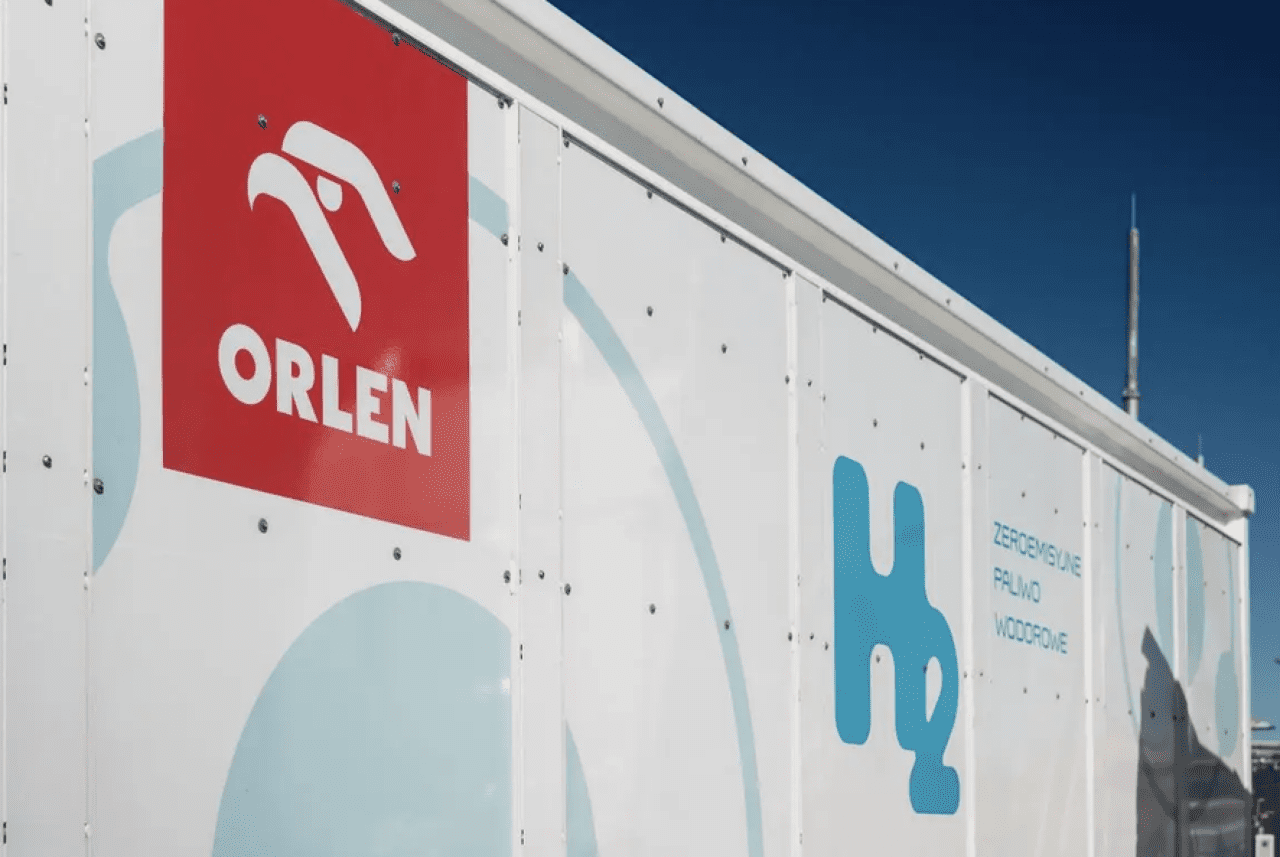The ‘Tour d’Europe’ road trip, which covered 77,500 kilometers across 16 countries, demonstrated the effectiveness of renewable liquid fuels in reducing greenhouse gas (GHG) emissions. During the journey, vehicles utilized 100 percent renewable fuels for 84 percent of the total distance traveled.
The initiative highlighted the potential for renewable fuels to contribute to environmental sustainability in the transportation sector. By leveraging these fuels, the participants not only showcased the viability of renewable energy in long-distance travel but also set an example for the automotive industry.
As concerns about climate change grow, the road trip serves as a practical illustration of how adopting renewable fuels can lead to measurable reductions in carbon emissions. The commitment to renewable energy sources is becoming increasingly important as countries strive to meet their climate goals and transition to a more sustainable future.
The Tour d’Europe also reflects broader trends in the energy sector, where innovation in renewable technologies is gaining momentum. The success of this road trip encourages further exploration and adoption of renewable fuels in transportation, suggesting a path toward cleaner alternatives for drivers worldwide. As more vehicles transition to renewable energy, the impact on GHG emissions could be substantial, making this a key area for future investment and development.




